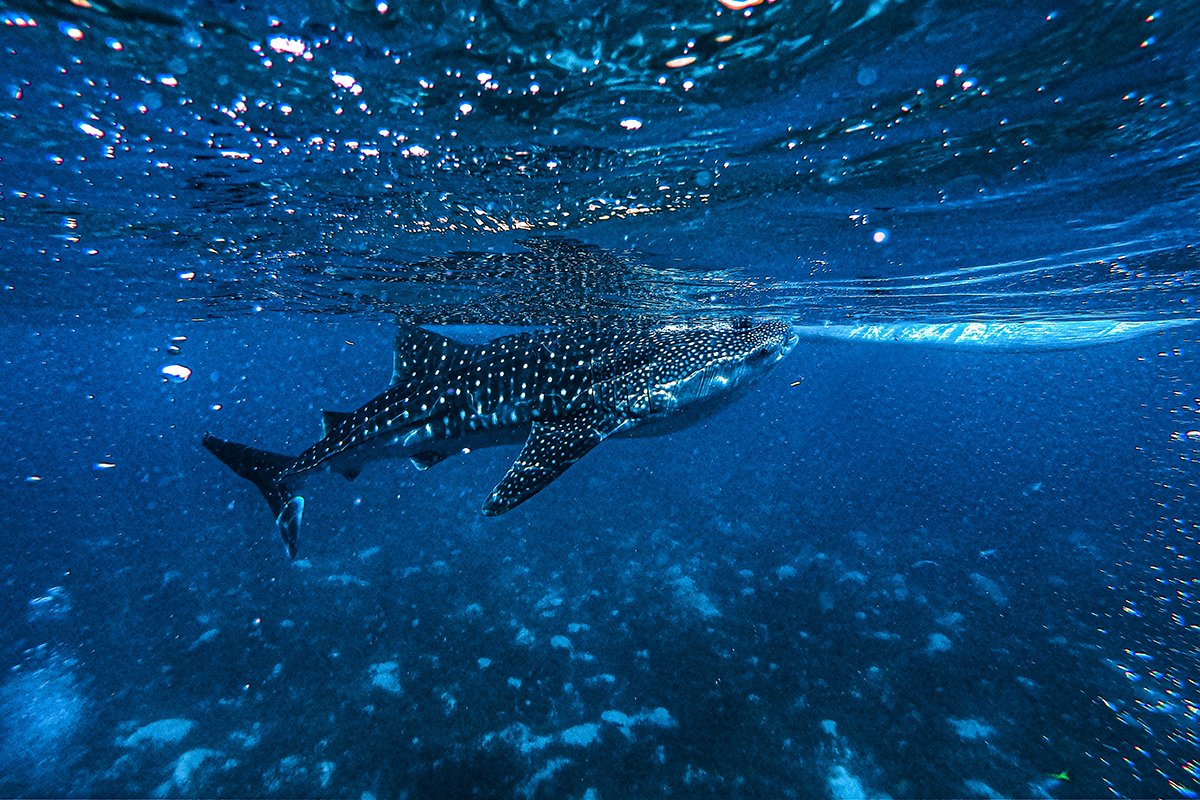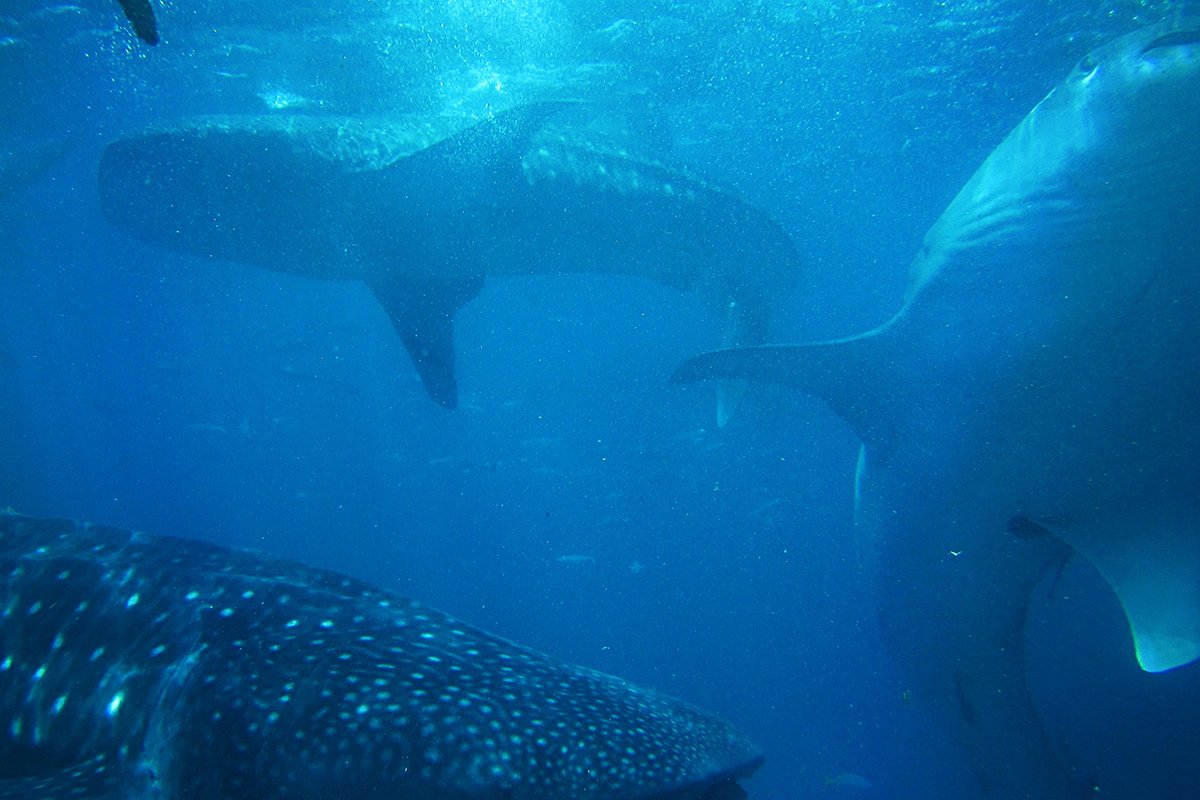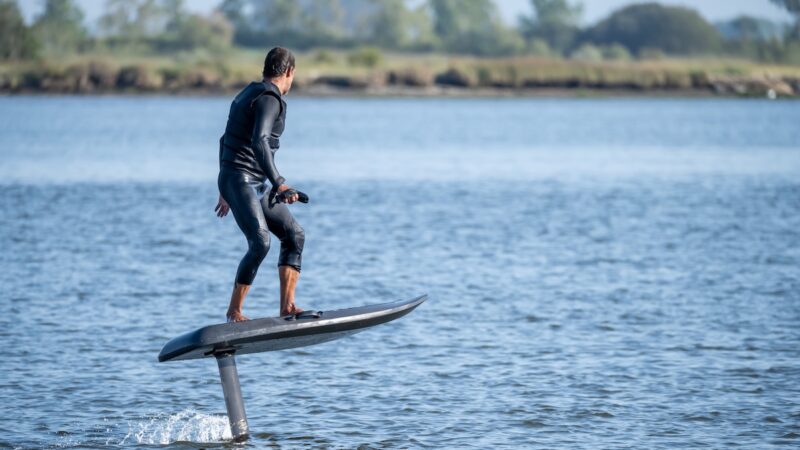The One Time It’s OK to Punch a Shark, And Other Shark Attack Tips From Bear Grylls
Encountering an aggressive shark in the ocean is a nightmare situation. Thankfully, most sharks will not attack humans in most situations.
Videos by Outdoors
“Humans are a far greater danger to sharks than sharks are to humans,” says Bear Grylls in his book How to Stay Alive. “We kill more than a hundred million a year. The way we treat them is a tragedy—they’re an important part of our ecosystem, and we should be trying to protect them. Most sharks are not aggressive to humans, so your chances of being attacked by one when you’re swimming from the beach are pretty low.”
However, shark attacks do happen, and when they do, they can be deadly.
“[Sharks] can easily rip through flesh and bone, and there are many recorded instances of sharks tearing a human body in two at the first strike,” says Bear.
Want to be prepared in the rare event this happens to you? Here’s what Bear says you should do if you’re being stalked by a shark.
Do Not Panic

If sharks are swimming slowly near you, but not approaching you, they may just be curious. However, if they are circling, pointing their pectoral fins down, pointing their heads upward, arching their backs, zigzagging, and/or charging, these are all signs of aggression that you should be watching for.
“Do not scream, flail, or panic,” says Bear. “Easier said than done, but terror is music to the ears of even a less dangerous shark.”
A panicking human that’s flailing and screaming can cause a shark’s predator instinct to kick in, and the shark may become more likely to attack. Instead, Bear says to show confidence. If there’s a boat nearby, swim towards it in a controlled way.
Go for Vulnerable Points

When sharks bite humans, it’s often a “test bite”—they often bite and let go. However, if it has you in its grip, go for vulnerable points like its gills and eyes and punch the shark as hard as you can. If you have a knife, use it on these same areas.
“You’ll hear stories about people trying to strike them on the nose, but this is not a
particularly weak spot, and it is dangerously close to the teeth,” says Bear.
Turn the Shark Upside-Down

Finally, Bear says that some sharks, including tigers and hammerheads, will enter a state of paralysis (called “tonic immobility”) if you turn them upside-down.
“[This is] not easily done, but worth a try if it has a hold of you,” he says.
Aggression toward sharks is a bad idea; they’re not out to get you. However, if your life is on the line, these tips may help you survive a terrible situation. Be sure to read signs at the beach, listen to lifeguards, and be diligent when swimming in areas known for having sharks.
Source: https://outdoors.com/shark-attack-tips-from-bear-grylls/







